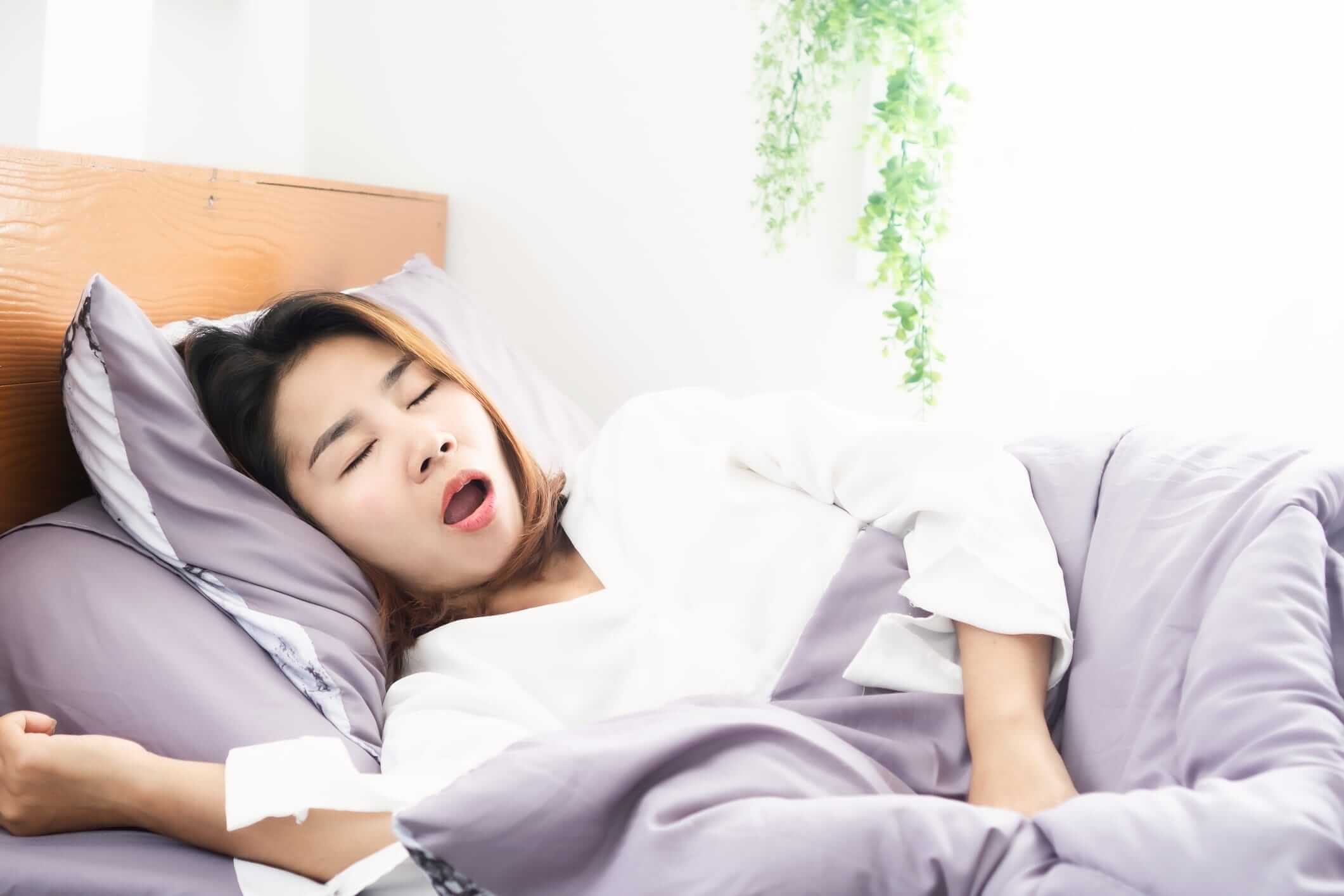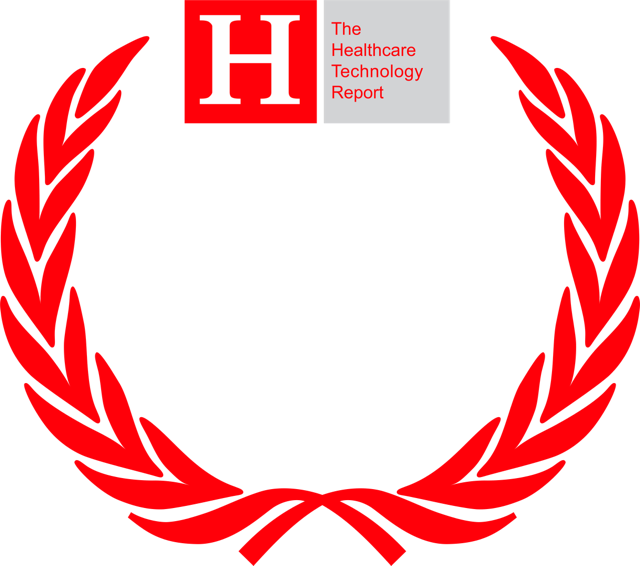
Excessive daytime sleepiness (EDS) is prevalent among patients with obstructive sleep apnea, even those who adhere to positive airway pressure (PAP) treatments, according to study results recently presented at Psych Congress 2021, held from October 29 to November 1, 2021, in San Antonio, Texas. Although PAP adherence is associated with greater patient satisfaction, EDS negatively affects satisfaction scores, according to the researchers.
Investigators of this study sought to evaluate the relationship between EDS, PAP adherence, and patient satisfaction among 2289 US adults with a self-reported obstructive sleep apnea diagnosis. Participants completed an online survey reporting sleepiness on the Epsworth Sleepiness Scale (ESS), PAP usage, and patient satisfaction. PAP usage was categorized as nonuse, nonadherent (<4 hours a night or <5 days a week), intermediate (4-6 hours a night, ≥5 days a week), and highly adherent (≥6 hours a night, ≥5 days a week). The investigators used linear models to test the relationship between PAP use and ESS scores, and logistic regression models to understand the impact of PAP use and EDS on patient satisfaction.
Overall, patients reported 72% satisfaction with HCPs and 65% satisfaction with care. Among the PAP nonuse group (n=700), 47% reported EDS; 52% reported EDS in the nonadherent group (n=153); 53% reported EDS in the intermediate group (n=225); and 36% reported EDS in the highly adherent group (n=1211). An additional hour of PAP use at night was associated with lower ESS scores (-0.28 points; 95% CI, -0.40 to -0.16; P <.001). Among PAP users, adherence was associated with 3 times higher satisfaction with HCPs (adjusted odds ratio [aOR] 2.91; 95% CI, 2.03-4.17; P <.001) and 2 times higher satisfaction with care (aOR 2.37; 95% CI, 1.64-3.43; P <.001). However, EDS was associated with 50% lower satisfaction with HCPs (aOR 0.50; 95% CI, 0.39-0.64; P <.001) and 38% lower satisfaction with care (aOR 0.62; 95% CI, 0.48-0.80; P <.001).
According to the investigators, in patients with obstructive sleep apnea, EDS is a prevalent condition that affects even highly adherent PAP users. Although EDS was associated with lower satisfaction scores overall, the researchers indicated an additional hour-a-night PAP adherence improved patient satisfaction.
Reference
Parthasarathy S, Hyman D, Doherty J, et al. A real-world study assessing the relationship between positive airway pressure treatment, excessive daytime sleepiness, and patient satisfaction in obstructive sleep apnea. Presented at: Psych Congress 2021; October 29-November 1, 2021; San Antonio, Texas. Poster 96.

